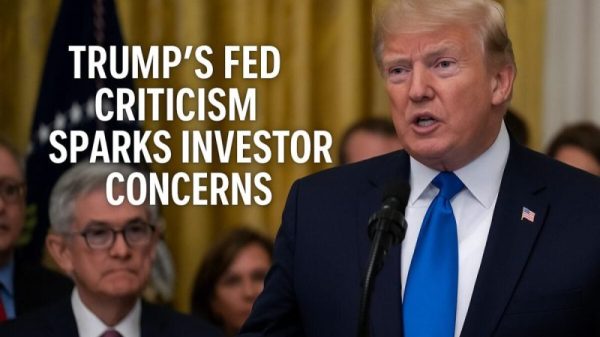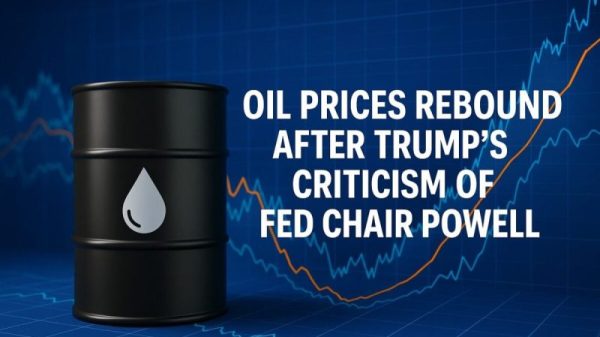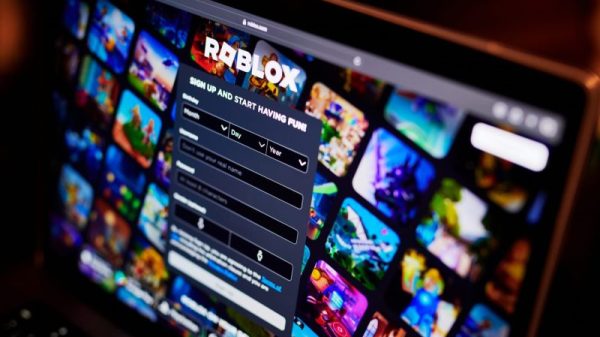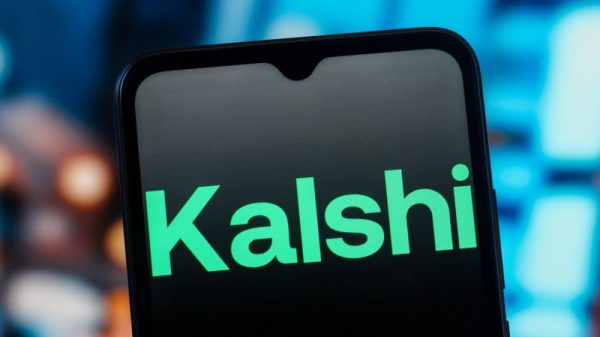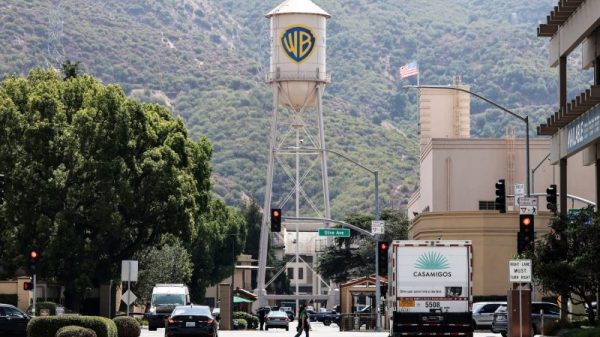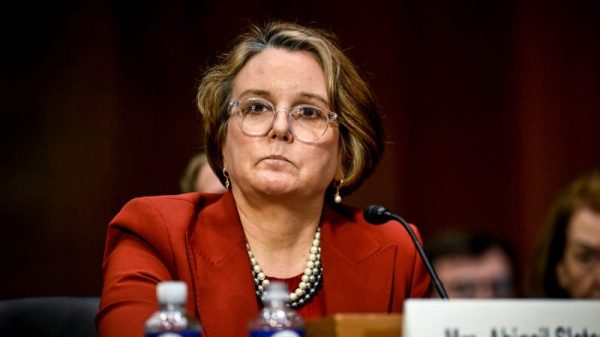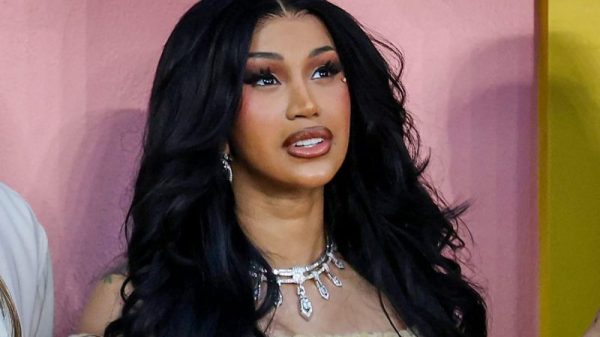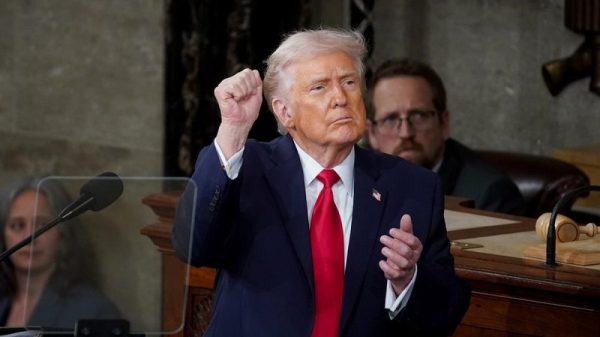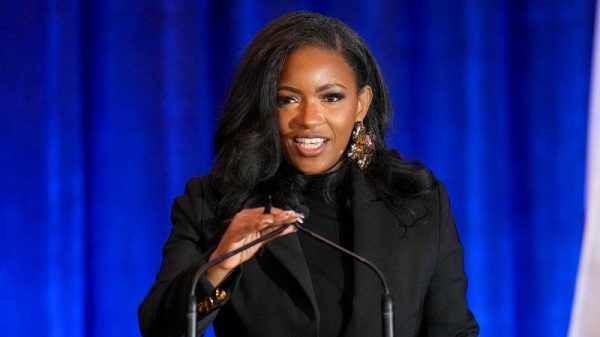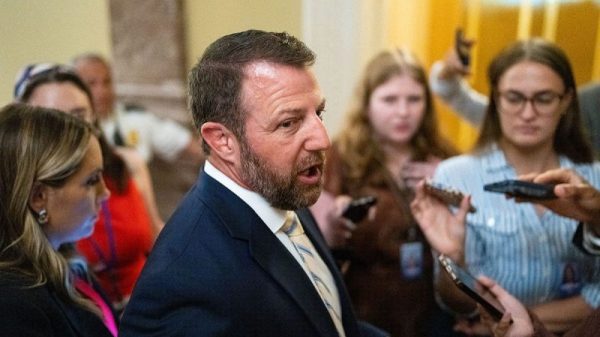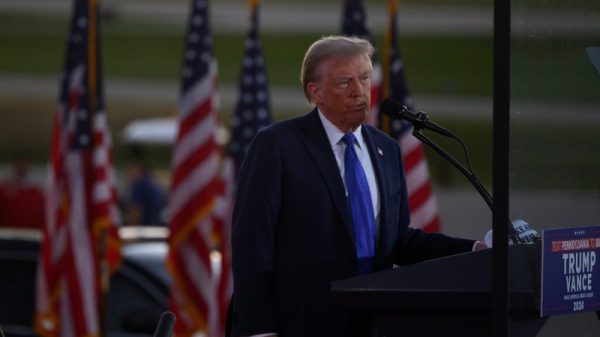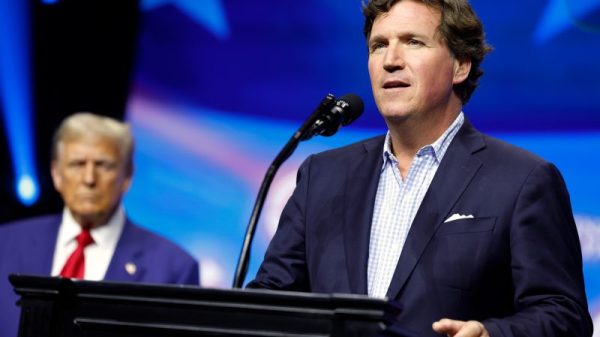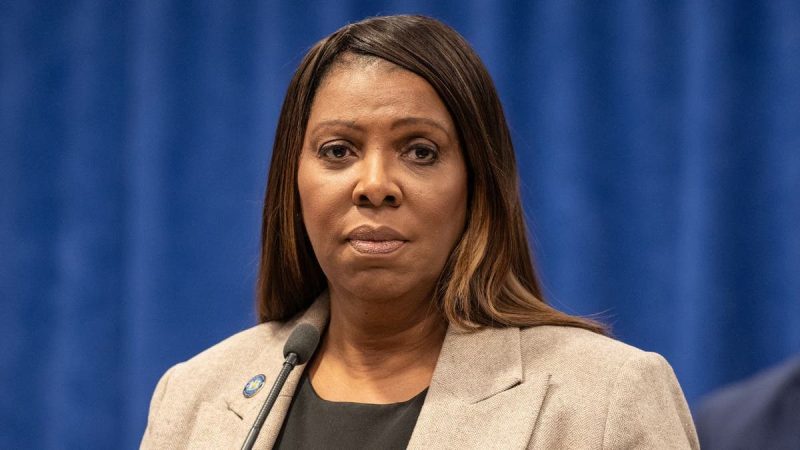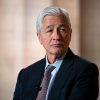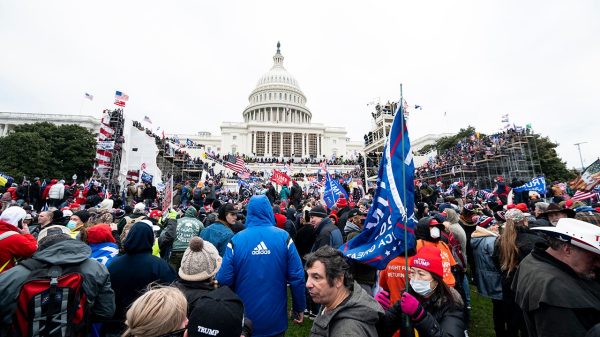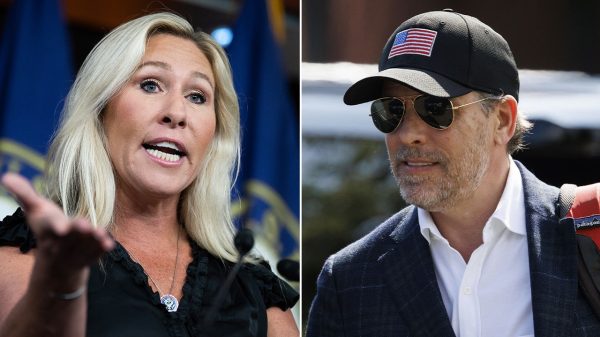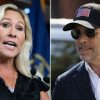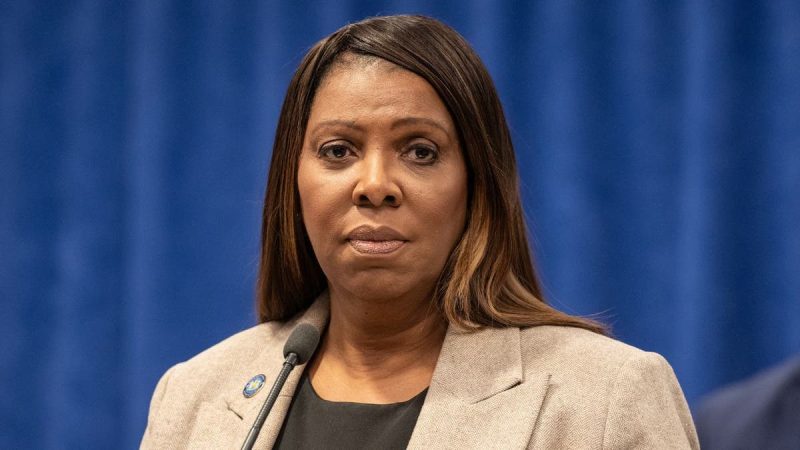
President Trump just fired a top federal prosecutor because he failed to bring charges against two despised opponents, New York Attorney General Letitia James and ex-FBI chief James Comey.
The ouster of Erik Siebert, U.S. attorney for Virginia’s Eastern District — and Trump’s own appointee — came after he couldn’t find sufficient evidence to charge James with mortgage fraud.
The president blamed the firing on Siebert having been put forward by two Democratic senators – hardly a secret – under the archaic ‘blue slip’ requirement that should be abolished.
‘Yeah, I want him out,’ Trump said after ABC broke the story. Tish James is ‘very guilty of something.’
What’s more, ‘he didn’t quit, I fired him!’
It’s a blip of a story, compared to Trump and his team naming a special prosecutor to again investigate Russiagate allegations from 2016; dropping corruption charges against New York’s Mayor Eric Adams, and suspending security clearances for the law firm that Robert Mueller left four years ago (later blocked by a judge).
The larger point is that perhaps we’ve become inured to the serious spectacle of a president not just interfering with the Justice Department but literally dictating who should be charged and who should be protected.
Trump told Pam Bondi over the weekend, ‘They impeached me twice, and indicted me (five times!), OVER NOTHING. JUSTICE MUST BE SERVED, NOW!!!’
He said he believes James, Comey and Democratic Sen. Adam Schiff are ‘all guilty as hell’ but that nothing is being done.
As someone who used to roam the halls of the Justice Department — and covered three independent counsels involving Ronald Reagan’s AG, Ed Meese — I am acutely aware of the ethical boundaries.
After the Watergate scandal, which included Attorney General John Mitchell going to prison, led to reforms, the idea of a wall between the White House and DOJ was further cemented.
Joe Biden saw any involvement in criminal probes as radioactive, and no evidence of his tampering has surfaced (though he did pardon a bunch of allies, including his son).
There was a huge uproar back when Bill Clinton had a chance tarmac meeting with his AG, Loretta Lynch, while his wife was under investigation over her private email server. She said they talked about grandchildren and travel. A CBS reporter called the meeting ‘absolutely shocking.’
But you don’t have to rely on unnamed sources to learn about Trump giving his attorney general marching orders. He broadcasts it, even boasts about it.
Of course, Trump stretching his executive powers goes well beyond DOJ. There are his funding freezes against universities, dispatching of the National Guard in D.C. and elsewhere, and attempting to fire members of supposedly independent agencies such as the Federal Reserve.
The escalation against the media has been nothing short of stunning. Trump cheered ABC’s suspension of Jimmy Kimmel against the backdrop of FCC Chairman Brendan Carr threatening to take action against its local licenses. ‘We can do this the easy way or the hard way,’ he said, prompting some conservatives to say he sounded like a mafioso.
Trump won a $16 million settlement from ABC over George Stephanopoulos saying Trump had been held liable for ‘rape,’ not sexual abuse. He also won $16 million from CBS over the biased editing of a ’60 Minutes’ interview with Kamala Harris.
It just so happens that Nexstar, which preempted Kimmel and owns many CBS affiliates, needs administration approval to take over Tegna, another media conglomerate.
Trump filed suit against the Wall Street Journal for reporting he’d sent a birthday message to Jeffrey Epstein with a silhouette of a naked woman–and when that surfaced with what closely resembled his signature, continued to deny he had done it.
And then there is his $15 billion suit against the New York Times, which a judge threw out after just four days for its ‘inexcusable’ breaking of the rules in a filing filled with ‘vituperation.’ It’s a strange suit because it wasn’t triggered by any particular story, just a general charge that the Times campaign coverage was illegal, including a Harris endorsement that ran on the front page.
Even the largest corporations have to spend big bucks to defend such suits, which is sort of the point.
But nothing is as sensitive and powerful as law enforcement, whose officials can shield allies and prosecute opponents.
The president’s position is that DOJ was weaponized against him during the Biden administration, and therefore he’s entitled to payback.
The latest news just broke. The Justice Department was investigating border czar Tom Homan for allegedly offering to help win federal contracts to businessmen — who were actually undercover FBI agents — in exchange for $50,000.
But as MSNBC reports, Trump’s DOJ dropped the case after he took office.
Since the hidden-camera encounter took place before Trump was elected, when Homan was a private citizen, I could argue he was just doing what hundreds of lobbyists do. Except for one nagging detail — Homan took the 50K in cash, in a Cava fast-food bag. No paper trail.
And yet Pam Bondi’s department gave him a pass.
Prosecutors in every administration must make difficult judgment calls about whether they have enough evidence to convict, especially against government officials or high-profile figures.
And next time there’s a Democrat in the White House, what’s to stop that person from playing the same kind of hardball, saying their party was entitled to payback? The cycles could be endless.
As for now, it would be easier to have confidence in these prosecution decisions if the president wasn’t openly calling the shots.


